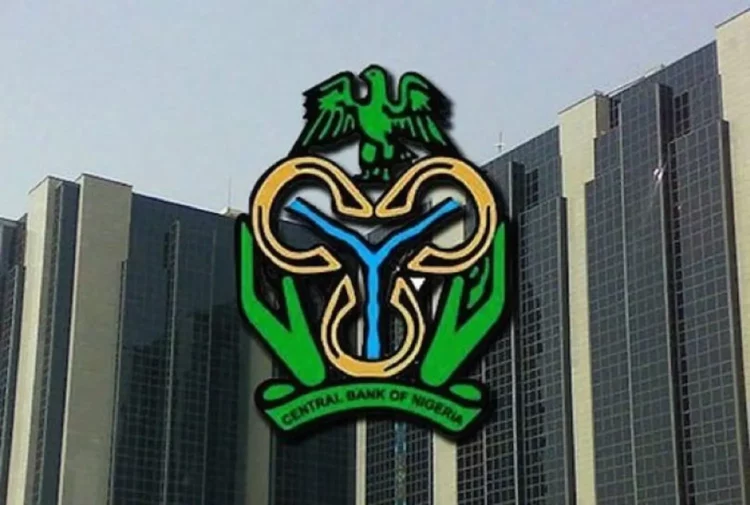Based on the recent capital requirements issued by the Central Bank of Nigeria (CBN) for commercial, non-interest, and merchant banks on Thursday night, 25 banks operating in Nigeria will need to raise a minimum of N3.894 trillion in fresh capital to comply with the new minimum capital base. However, the apex bank has been advised to be vigilant against the influx of illicit funds that may be directed towards the capitalization efforts of the banks.
The CBN had previously announced at the Bankers Dinner in Lagos last year that it would initiate a recapitalization effort for the banking industry to support the country’s goal of achieving a $1 trillion economy under the leadership of President Bola Ahmed Tinubu. The recent directive, led by Dr. Olayemi Cardoso at the CBN, significantly increases the required capital base for commercial, non-interest, and merchant banks in the country.
Under the new requirements, commercial banks with international licenses are mandated to have a capital base of N500 billion, while their national and regional counterparts are required to have capital bases of N200 billion and N50 billion, respectively. Similarly, the capital base for national non-interest banks has been raised to N20 billion, regional non-interest banks to N10 billion, and merchant banks to N50 billion.
Although the status of some banks with holding company structures remains unclear, nearly all banks, except for two regional non-interest banks, currently meet the new capital base requirement. Taj Bank and Lotus Bank both have more than the required N10 billion to continue operations. However, the total paid-up capital and share premium of the 25 surveyed banks amount to N2.049 trillion, indicating a shortfall of N3.894 trillion to meet the new capital base.
Regarding the capital base, Ayokunle Olubunmi, Head of Financial Institutions at Agusto & Co, emphasized the need for caution to ensure that the industry is not infiltrated by illicit funds. He stressed the importance of robust oversight and regulatory functions by the CBN to prevent the laundering of funds from terrorism, corruption, and other illegal activities through bank recapitalization.
Olubunmi also highlighted the importance of strategic partnerships and mergers among banks to meet the new capital requirements. He urged banks to carefully consider potential mergers to ensure alignment of vision and prevent detrimental impacts on their brands.
Ronke Akinyemi, Group Head of Global Markets at Parthian Partners, expressed optimism about the impact of the recapitalization requirements on the financial system’s resilience. She anticipated increased foreign direct investments, which could stabilize the naira, and expected rounds of capital raises and mergers among banks to meet the new requirements.
David Adnori, Vice President of Highcap Securities Limited, emphasized the need to evaluate banks’ paid-up capital and share premium to assess their capacity to meet the new requirements. He noted that banks with international operations face significant challenges due to the depreciation of the naira and emphasized the importance of balancing capital allocation between the banking sector and the productive sector.
The Nigerian Exchange Limited’s Rasheed Yusuf expressed confidence in the local bourse’s ability to support major capital raises, even without foreign investors. Rotimi Fakayejo, an economy and capital market analyst, predicted market support for the recapitalization efforts, especially with the gradual return of Foreign Portfolio Investors.
In summary, the new capital requirements set by the CBN signal a significant change for Nigerian banks, necessitating substantial capital raises and strategic partnerships to comply with the directive and strengthen the financial system’s resilience.
